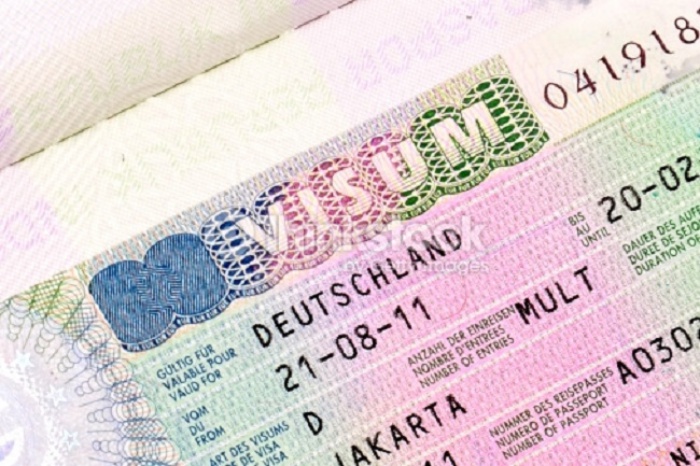Turkish businesspeople have warned that the visa-related problems of the country’s business community, which initially started with Schengen and is expanding to include such countries as Canada, the United States and the United Kingdom, has reached a level that will erode Turkey’s competitiveness in global markets, Turkish economic news outlet Ekonomim reported on Tuesday.
A special report in May by Ekonomim revealed that Turkey has the highest rejection rate among the top five countries in the number of Schengen visa applications, namely, Russia, Turkey, Saudi Arabia, Morocco and Ukraine, the citizens of which have submitted the most applications in the last eight years.
The news outlet reported claims that the country’s rejection rate in Schengen visa applications, which stood at around 15 percent last year, has climbed as high as 50 percent in 2023, with some countries halting visa applications and others scheduling difficult-to-obtain appointments for months later.
Ekonomim also said that processing time for Turks’ visa applications to the US has extended up to 12 months in some cases.
According to information provided by the International Transporters Association (UND), Turkish truck drivers holding Schengen visas are currently prohibited from loading or unloading cargo in Bulgaria due to a recent policy change. While Bulgaria allows transit passage with a Schengen visa, a separate Bulgarian visa is required for cargo loading and unloading operations within the country.
UND officials stated that the Ministry of Foreign Affairs has been making efforts with Bulgaria’s missions in Turkey for some time to eliminate this practice, but so far no positive results have been achieved from these initiatives.
Ekonomim reported that the Turkish Union of Chambers and Commodity Exchanges (TOBB) will have a high-level meeting on Friday with the Delegation of the European Union to Turkey regarding visa issues.
Jak Eskinazi, head of the Aegean Exporters’ Associations, informed Ekonomim that the complaints of exporters regarding their inability to obtain credit in the past year have been overshadowed by the grievances related to visa issues.
“Our exporters are voicing concerns that their business operations are being hampered due to the provision of appointments for distant dates and the lengthy processing time for online visa applications. … The first prerequisite for marketing products is to participate in trade fairs … and conduct customer visits. Exporters need to obtain visas quickly,” Eskinazi added.
Mehmet Şanal, chairman of the board of the HVAC&R Exporters’ Association (İSİB), stated that there’s a demand for legislation to increase the number of green passports issued to exporters as a solution to the visa problem.
Green passports are special travel documents issued to a select group of public officials in Turkey, allowing them to visit many countries, including those in the Schengen zone, without a visa.
“When the [export] amount exceeds $10 million, two green passports are granted. … It would be extremely beneficial for our country’s export development to allocate two green passports to companies with exports of over $1 million, three green passports to companies with exports of over $5 million and four green passports to companies with exports exceeding $10 million,” Şanal said.
However, some experts argue that an increase in the number of green passports may eventually lead to the loss of advantages associated with it, especially after former interior minister Süleyman Soylu’s recent statement that a “saturation point” had been reached regarding the passport, which was interpreted as the initial signs of a possible warning from EU countries regarding the issue.
According to Ekonomim, the main reasons for the surge in Turks’ visa rejection rates are the rise in the number of Middle Eastern and Asian immigrants accepted as Turkish citizens and the record increase in asylum applications from Turkey to Europe and such countries as Canada, the US and the UK.
Turkish President Recep Tayyip Erdoğan last week labeled the increase in the Schengen visa rejection rate a form of “political blackmail” and vowed to resolve the issue as soon as possible.
An increasing number of Turks have been leaving Turkey and finding refuge in Europe, the US or Canada by securing residence permits either through asylum applications or finding jobs or studying since they see no future for themselves in Turkey or seek to avoid imprisonment for political reasons.
According to data released by the European Union Agency for Asylum (EUAA) in February, Turkish citizens filed a total of 55,000 asylum applications in EU countries, Switzerland and Norway in 2022, making Turks the third largest group of asylum seekers after Syrians and Afghans.

